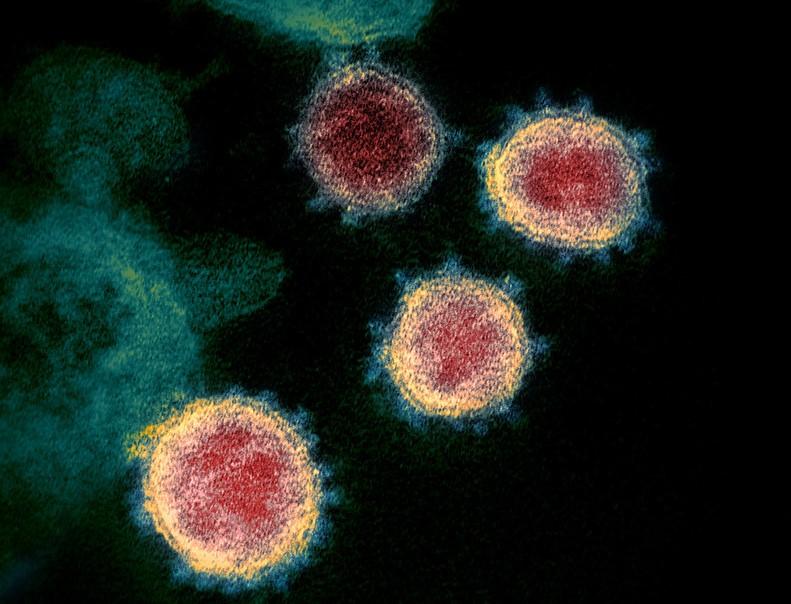Image

A microscopic photo shows the novel coronavirus emerging from cells.
|
NATIONAL INSTITUTE OF ALLERGY AND INFECTIOUS DISEASES
Image

CENTERS FOR DISEASE CONTROL AND PREVENTION
Image

SHUTTERSTOCK
Image

PHOTO BY DIMITRI KARASTELEV ON UNSPLASH
Image

TOVE SKAFTUN IS THE CHIEF NURSING OFFICER COMMUNITY HEALTH CENTER OF SNOHOMISH COUNTY, WASHINGTON./WILL STONE FOR NPR
Image

Patients who contract measles, a highly contagious disease, develop a skin rash.
|
WIKIMEDIA COMMONS